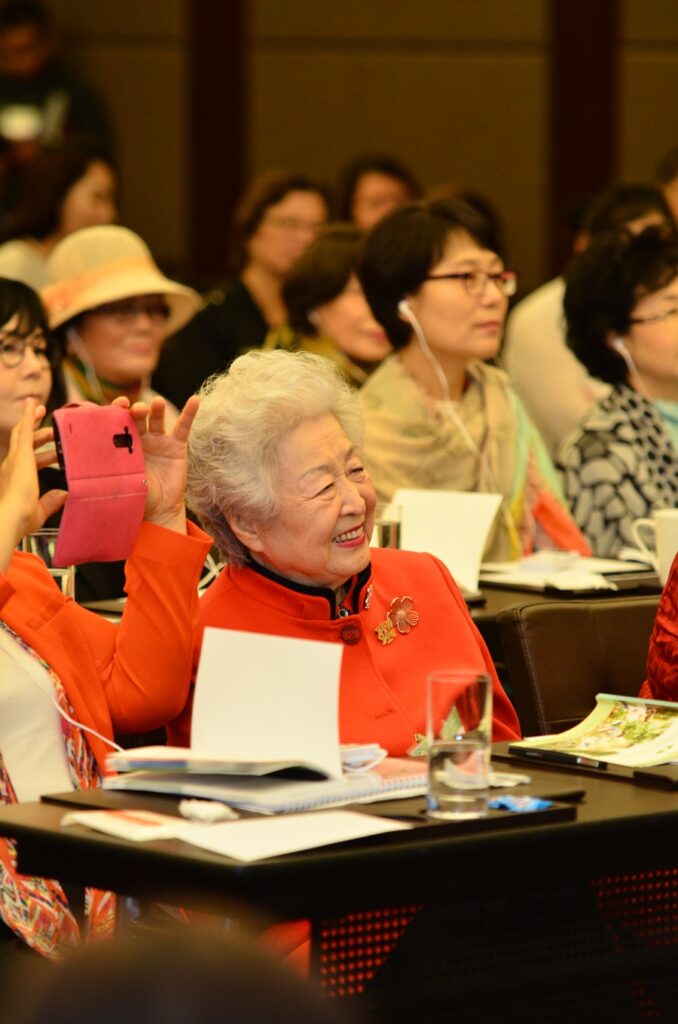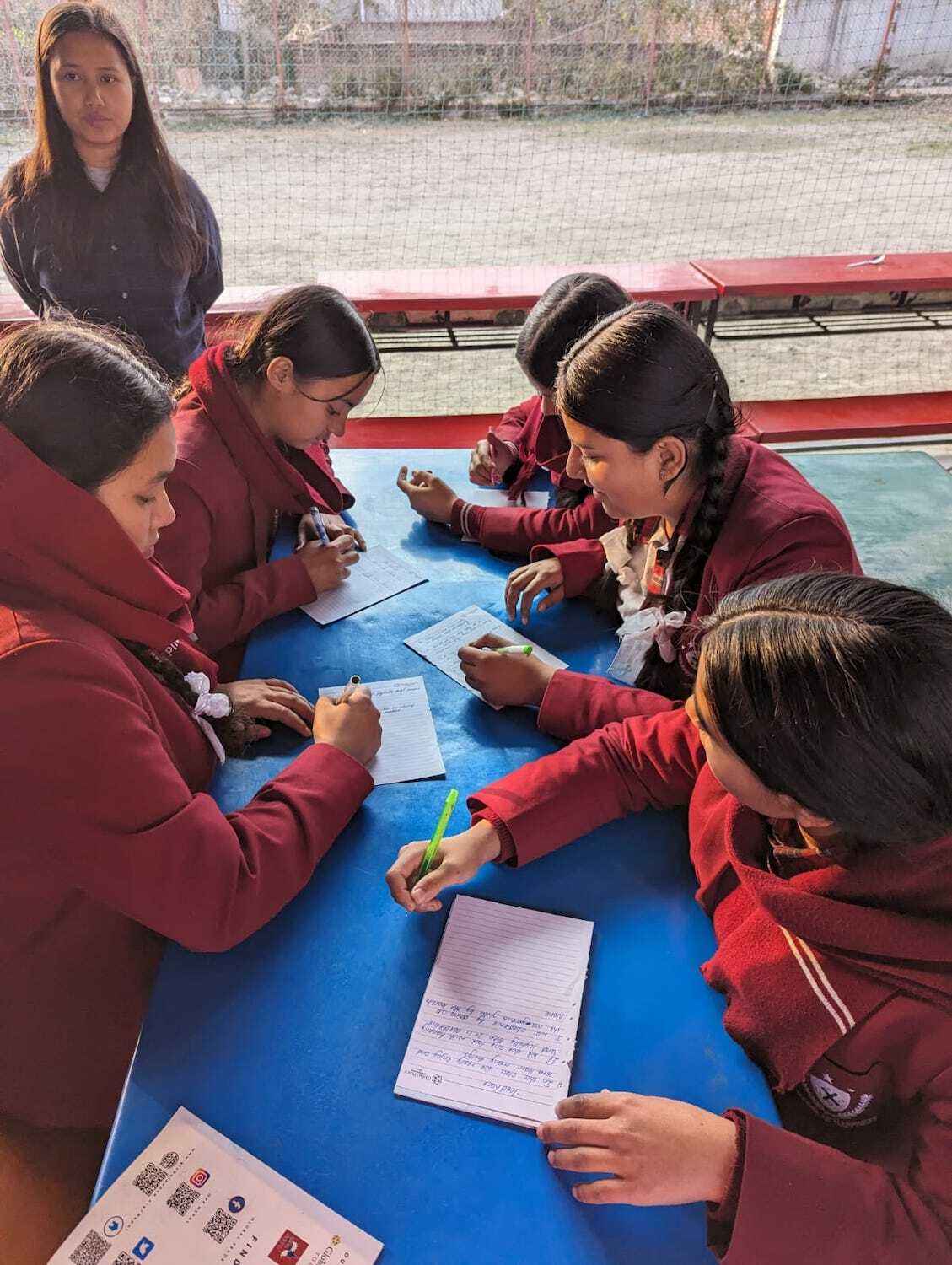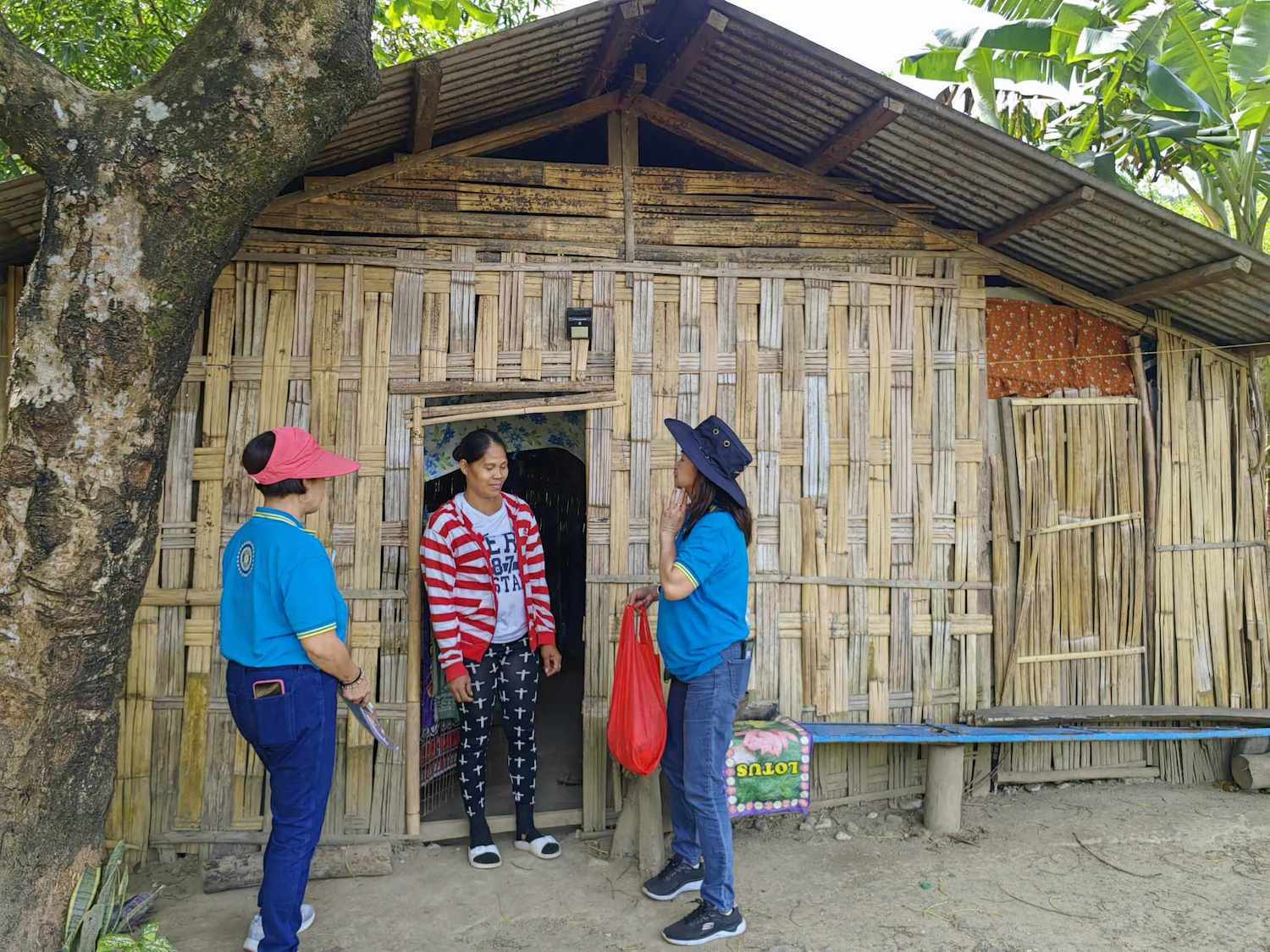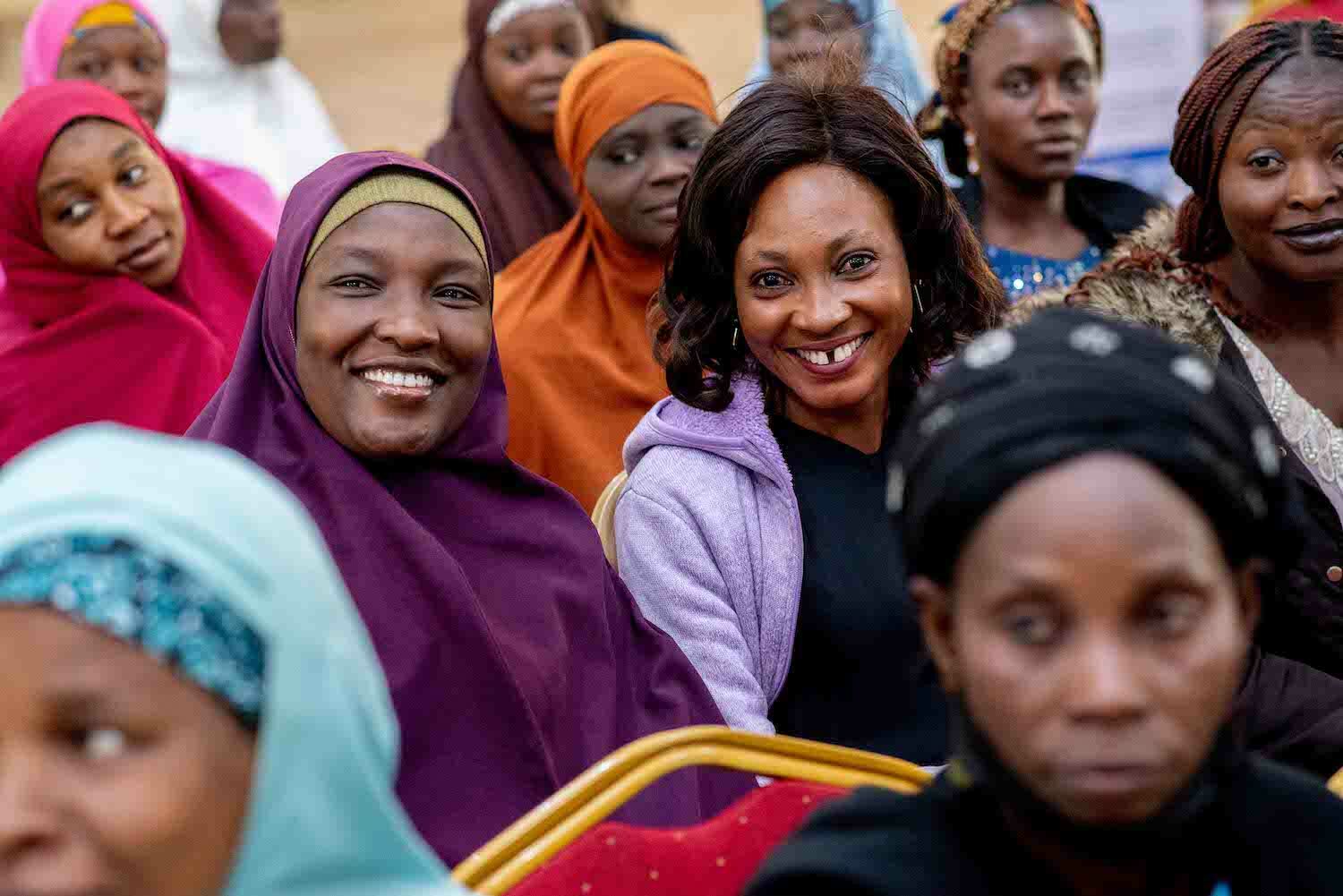
Hon. Yunsook Lee
I am honored to present on behalf of Korean women under the theme of moral and innovative women’s leadership for social transformation at this meaningful event, the Global Peace Convention 2017 hosted by the Global Peace Foundation in Manila, Philippines.
Family matters to everyone, because everyone needs parents to be born. Parents and children form a family, and women are at the heart of the family.
As the fundamental social unit, families cultivate the values that society considers significant. Accordingly, I believe that healthy societies and countries depend on the values that family members live by. The value of the family is really important if we think that the country functions properly only when families function properly. In addition, when we think of women’s responsibilities and roles in the family and society, the values and roles of women are increasingly significant.
A rapidly changing society stabilizes when members of society adapt smoothly. In order to adapt to changes, people should reform their consciousness, modify their sense of values, and create a new lifestyle.
In agrarian societies, a family was the smallest unit of society and place of production. When men acquired food ingredients through hunting or farming, women processed them to store and supply various forms of nourishment for their family. Women also took care of the household’s clothing by weaving and sewing.
In modern society, in addition to production and market functions, the family plays the roles of education, welfare and finance, and individual family members’ actions affect the rise and fall of the entire family. Therefore, the behavior of each family member determines whether or not it is “a family that you should watch and learn from.”
As society becomes industrialized, mass-production and mass-consumption take the women’s role of processing and production at home to factories and markets. Women are facing more changes. It also shifts the family’s function of educating children, teaching lifestyle habits, and caring for patients to schools and hospitals. Generally, a Korean woman is around 35 years old when her youngest child enters elementary school. Then, she will have 60 more years because of the long life expectancy of this century. What will she do with this time?
In Korea, women’s life spans have grown longer than men’s, and the average number of children per family dropped from 6.5 to 2, shortening the child-rearing period. In the case of education opportunities for Korean women: as the number of children decreased and income levels increased, the share of women graduates from 4-year colleges exceeded 30%. If you include community college graduates, the proportion approaches 50%. Through such changes, the influence of women in higher education has reached the global level. Even so, we still see a lot of unhappiness and difficult realities ahead.
Well-educated Korean women are not given sufficient social responsibilities, nor can they fully exercise women’s leadership in the public sphere. The resultant social problems range from disorders such as “the Winds of the Skirts,” a derogatory term for mothers’ excessive parenting, to moral economic problems such as real estate speculation.
Distinguished leaders,
The world is now in serious danger due to identity-based conflict. Despite the concerted effort of the UN and international community to resolve conflicts of interests and ideologies between religions and countries, regional conflicts still persist, and economic inequality grows day by day. Contrary to expectations, developed countries’ aid to less-developed countries have undermined the self-reliance of intended beneficiaries. Violent extremist groups such as IS threaten politics, economy, religions, and society, showing that disputes fueled by religious fundamentalism fundamentally threaten world peace.
Considering this reality, I think our approach to peace has been superficial so far, and we need an approach on a whole new level.
I believe that we have to seek solutions that regard human dignity as the primary value in order to realize a world that guarantees freedom and human rights. For example, the empowerment of women, half of the world’s population, is not for the sake of fighting against men. I think we should create a world where the principle and value of human dignity are shared rather than contested by each sex.
Traditionally, Korea has had a large family culture where children learned the virtue of devoted love through a variety of relationships. The norms of relationships expressed within the family expanded beyond extended families to society at large.
Unfortunately, as the traditional extended family culture disappears, ‘family’ is being dismissed as an old-fashioned system distinct from Korea’s remarkable economic development under industrialization and modernization. What’s more, we are losing the high standard of moral values that Koreans cherished as the most important under the Hongik-Ingan spirit, the Korean people’s aspiration to benefit the world. This Korean identity is not properly taught to young people, which in turn weakens the values, identity, and future of Korean society.
Confucius said that families are the basis of a well-ordered country. Recently, Korean society is experiencing a series of scandals regarding moral corruption in the public sphere. This results from the failure of moral and character education at home.
Distinguished leaders,
We can overcome many of these challenges if parents instill respect for the dignity of human beings in their families, and if we endeavor to create a society built upon such families. Such a society would not be governed by institutions and power alone. If parents educated their children on the value of other people at home, these children would grow into good men and women who cultivate a mature sense of citizenship and the desire to live altruistically for the world.
Korea’s large traditional family culture is very beautiful. The traditional image of a devoted mother represents the noble maternal love of sacrifice for the family. This culture connects the family through past, present and future generations as part of their blood and family heritage.
In such a culture, children will learn their identity and cultural traditions in a respectful and loving environment. In the extended family environment, marriage is not just a matter of two people. Marriage continues the lineage of two families. With helpful and varied interpersonal relationships, we learn proper etiquette and develop attitudes toward interacting with all people. Above all, the extended family culture provides a venue where we prepare to collaborate with humanity around the world.
Honorable women leaders,
I am confident that spreading the culture of consideration and inclusion based on maternal instincts, the essential property of women, will be a source of peace.
I think the Global Peace Women slogan supports the urgent need for moral and innovative leadership at this time. This is because the slogan, based on women’s maternal love, takes a Hongik-Ingan approach to benefit the world through a virtuous society that respects freedom, human rights, human dignity, and corrects the problems of a divided, unequal society. It encourages women leaders and families to instigate this change.
I wish that the peaceful world which humanity is dreaming of can be realized through today’s meaningful event, and, as a woman, I would like to invite all women to participate in this movement.
Thank you.
The above is a prepared presentation for the Global Peace Convention 2017. Changes in actual delivery may not be reflected.



